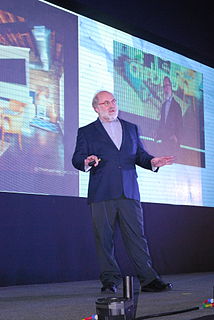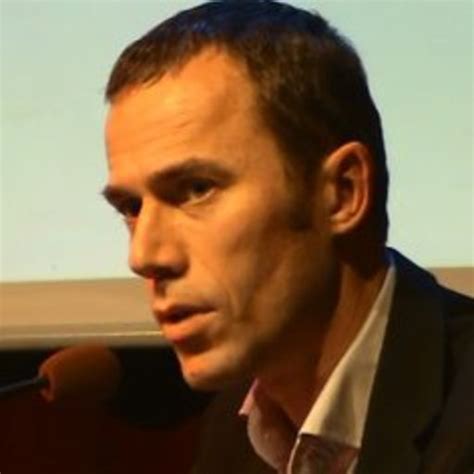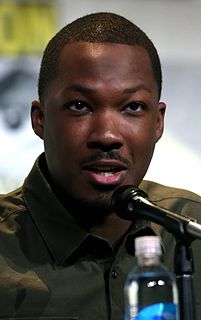A Quote by Kyle Hill
Sherlock is a portrait of humanity - he takes nature's gift of thought and runs with it, bringing along all the human struggles, fears, and insecurities. He's the hero we could see ourselves being.
Related Quotes
The yoga we practice is not for ourselves alone, but for the Divine; its aim is to work out the will of the Divine in the world, to effect a spiritual transformation and to bring down a divine nature and a divine life into the mental, vital and physical nature and life of humanity. Its object is not personal Mukti, although Mukti is a necessary condition of the yoga, but the liberation and transformation of the human being. It is not personal Ananda, but the bringing down of the divine Ananda - Christ's kingdom of heaven, our Satyayuga - upon the earth.
When you see the violence of Hollywood movies, there is a tendency that the hero is combating and confronting many people, without much harm to himself. But in my films, the hero takes a lot of hits so the very act of the hero being the one on the receiving end, makes the audience cheer and connect with him.
It concerns me when I see a small child watching the hero shoot the villain on television. It is teaching the small child to believe that shooting people is heroic. The hero just did it and it was effective. It was acceptable and the hero was well thought of afterward. If enough of us find inner peace to affect the institution of television, the little child will see the hero transform the villain and bring him to a good life. He'll see the hero do something significant to serve fellow human beings. So little children will get the idea that if you want to be a hero you must help people.
Lord knows
Dreams are hard to follow
But don't let anyone
Tear them away
Hold on
There will be tomorrow
In time you'll find the way
And then a hero comes along
With the strength to carry on
And you cast your fears aside
And you know you can survive
So when you feel like hope is gone
Look inside you and be strong
And you'll finally see the truth
That a hero lies in you
The idea of being the Substitute in offering an atonement to satisfy the demands of God’s law for others was something Christ understood as His mission from the moment He entered this world and took upon Himself a human nature. He came from heaven as the gift of the Father for the express purpose of working out redemption as our Substitute, doing for us what we could not possibly do for ourselves.
Mann was less interested, I think, in constructing any kind of "portrait of an age" than he was in delineating an individual consciousness in which profound struggles about identity and direction arise - struggles that Mann himself had not only reflected on but felt keenly. Visconti takes up this central focus of the novella, but he couples it with a more social perspective.
Mystical experience of nature can be of particular relevance to our troubled age, bringing deeper into our consciousness and emotions the logic that nature sustains humanity as humanity must, in turn, sustain nature. Rationality alone, however, cannot be our guide in the task of restoring our environment. A spiritual connection to nature must inspire the emotional commitment that is the yin, complementing the yang of intellectual understanding.
Man shouldn’t be able to see his own face – there’s nothing more sinister. Nature gave him the gift of not being able to see it, and of not being able to stare into his own eyes. Only in the water of rivers and ponds could he look at his face. And the very posture he had to assume was symbolic. He had to bend over, stoop down, to commit the ignominy of beholding himself. The inventor of the mirror poisoned the human heart.
As we explore the nature of our gift, our goal is to move toward this kind of giving: cheerful giving that flows gently and easily, kingly giving that flows surely from who we are. As we encounter the questions—Who are we ? What do we love ?—the gift we bring will be easy, because our gift naturally emerges from who we are. The offering we bring is ourselves, just as we are. Our gift is our true nature. There can be no greater gift than this.



































